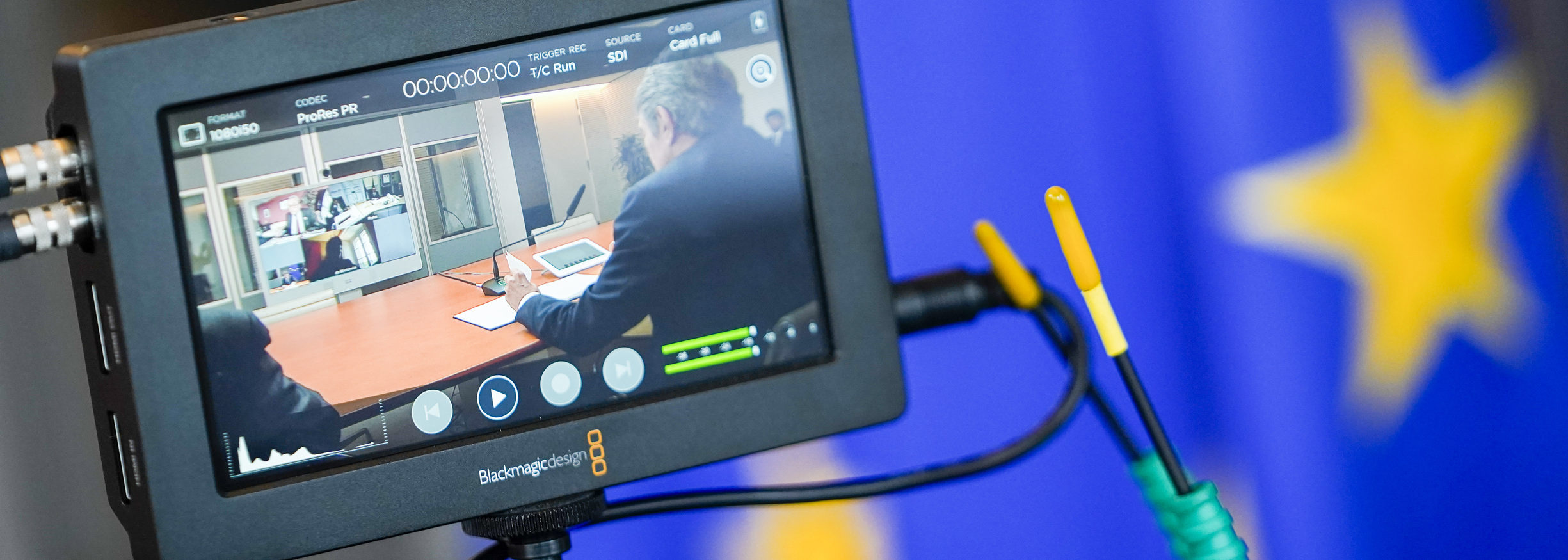How mediators help us improve mediation support
06/02/2017

This week in Abu Dhabi EIP is kicking off an ambitious project to enhance mediation support. We have written about why we need to improve mediation support and some of the challenges to how this can be done in practice. This week we host the first meeting with a group of experienced envoys and diplomats who will share with us their experiences. By Stine Lehmann-Larsen and Andreas Müllerleile
Our conversation will start with a dilemma: we know that there is plenty of support available – from handbooks and toolkits, to process design advice and political counsel. But we also know that much of this support and expertise is not being used to its full potential. So, the first step for us is to find out why this is the case. In order to do this we provide a space for dialogue amongst senior diplomats, special envoys and other negotiators who have first-hand experience of leading peace talks and complex negotiations in conflict situations around the world. Together we will identify what sort of support envoys need, what worked in the past and what mediation support should look like in the future. We think that there are roughly four areas where envoys and experienced diplomats can help us to up our game when providing mediation support:
- Envoys can help us to identify what types of support they need to run a peace process. This includes both political and technical support. What has been useful for them in the past? Are there certain tools that envoys prefer over others? And what is missing? Which support types would be useful but have not been produced?
- Envoys can also shine a light on how they relate to mediation support staff. Trust and relationships between the envoy and his or her team is key, as well as the links to external actors. How can we improve that trust-building process efficiently so that is does not distract from the mediator’s primary task: making peace a reality?
- We also aim to dig into how envoys deal with inadequate support, or support that they consider to be unhelpful, but that is pushed by third parties. Is there enough communication between envoys and mediation support actors to deal with these situations? And how do envoys manage such external pressure?
- Like all professionals, envoys only have limited time to gather new insights, solicit advice, and develop relationships with the experts poised to support them. So, if we want to improve mediation support we need to talk about their learning habits, and what tools and methods they use in situations that require very timely advice. We must learn to adapt thematic research and expertise to a particular mediator or even conflict and these very personal learning habits.
This is only the first of a series of workshops EIP will be hosting over the next couple of months that identifies strategies to improve mediation support and modernise mediation. We believe that implementing such strategies will take us one step closer to EIP’s goal of professionalising and modernising mediation

